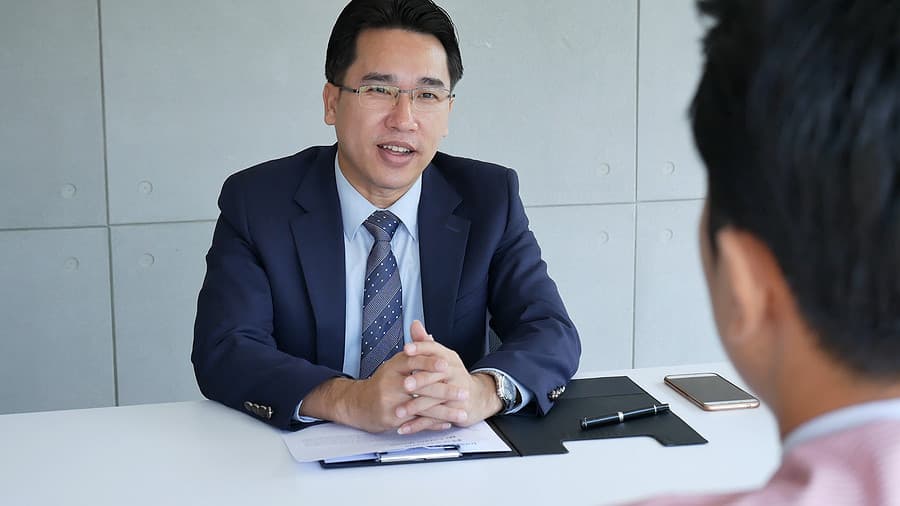We know from the Hiring for Attitude research that 46% of new employees will fail within 18 months of hire. Most of the time (89% to be exact), candidates fail for attitudinal reasons, and in the original study, a lack of coachability was the number one cause.
In a nutshell, coachability is the ability to take feedback and use it to drive positive change. If you critique someone’s work and they respond with denial or blame, that’s the opposite of being coachable.
Coachability may sound like an incredibly difficult characteristic to assess, but with a good interview question and knowledge of the differences between good and bad answers, you can often spot a lack of coachability pretty quickly.
The interview question you’ll use is, “Could you tell me about a time you made a mistake at work?”
That’s it. That’s the whole question. You’re not going to add anything to the end of that question, like, “and tell me how you overcame that mistake?” This non-leading, open-ended question works so well because it asks about a time the candidate made a mistake without hinting that they should share what they learned or how they grew.
Candidates who internalized their mistake, took ownership, and grew from the experience (i.e., coachability) will share that without prompting. But for those not inclined towards coachability, there won’t be signs of growth in their answer.
Let’s look at some actual responses to this question, starting with one that most companies consider a good answer:
“There was a problem on the production line, and I ordered a shutdown of the whole system. It took hours to repair, during which time I learned that one of my peers could have fixed the problem and minimized the impact of lost production. I made a hasty decision in response to feeling overwhelmed in the moment. I wasn’t happy that I failed to access all solutions and expertise available to me, but I learned a lot from the experience. I now have a 10-item checklist I go through when a mistake occurs, that I developed with the help of my boss and five of my colleagues, and this keeps me focused on trying every simple fix before taking more significant actions. Since I started using it, I’ve been able to avoid shutting down the line and using easier fixes.”
Notice, first, how this candidate takes ownership of their mistake. They speak in first-person pronouns (e.g., I) and don’t deflect the mistake onto someone else. Phrases like “I ordered,” “I failed,” and “I learned” all show that this candidate is taking full ownership.
In Leadership IQ’s study called “Words That Cost You The Job Interview,” we discovered that interview answers rated poorly by hiring managers contain very different words than interview answers rated highly. For example, bad interview answers use the word “you” almost 400% more than good interview answers, while good interview answers contain 21% more “I” language (e.g., I, me, or my).
Now let’s look at a real-life answer that most organizations consider a poor response:
“Most people are going to make mistakes. But overcoming them requires that you carefully dissect what went wrong without getting overly emotional. When you think like a process engineer and think analytically even amidst a big mistake, you’re far more likely to discover the root cause. This enables you to learn from it and take steps to prevent it from ever happening again.”
Notice how this candidate speaks exclusively in second-person pronouns (e.g., you). Not once does this candidate say, “Here’s what I did,” preferring instead to identify what you should do. If the question had asked for a theoretical outline of problem-solving techniques, perhaps this answer would be okay. But the question asked them to describe a time when they made a mistake. This answer simply doesn’t answer the question.
While there are myriad factors to assess whether someone is coachable, one of the simplest warning signs of candidates who lack coachability is when they avoid answering the question, often through the use of second-person pronouns.
